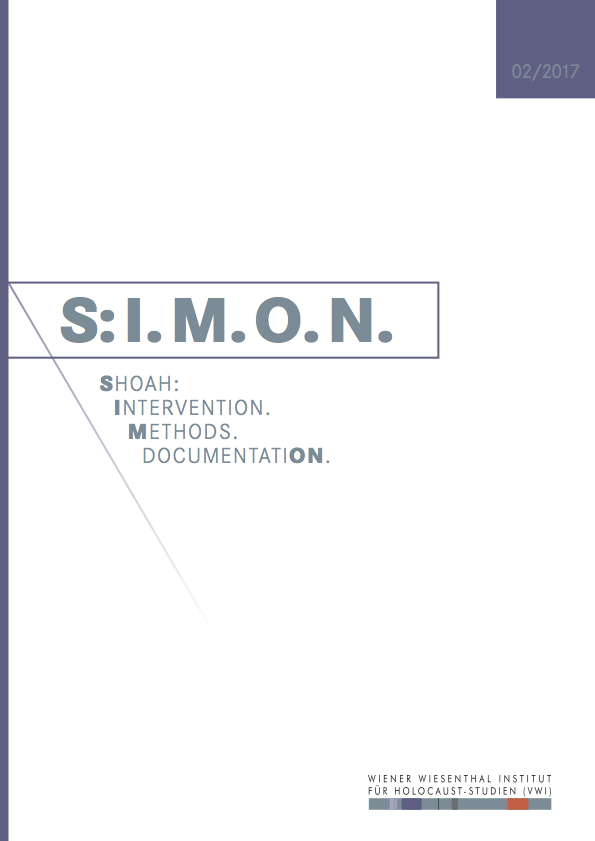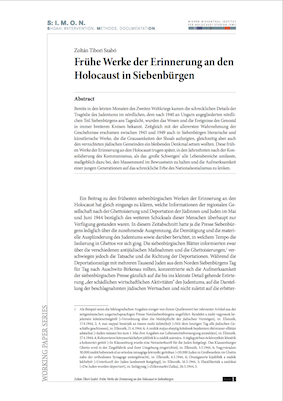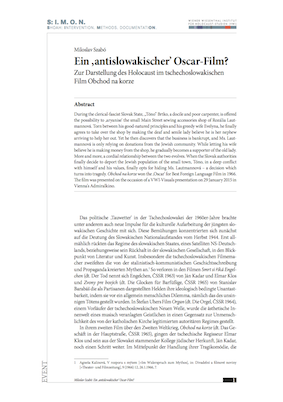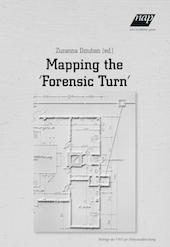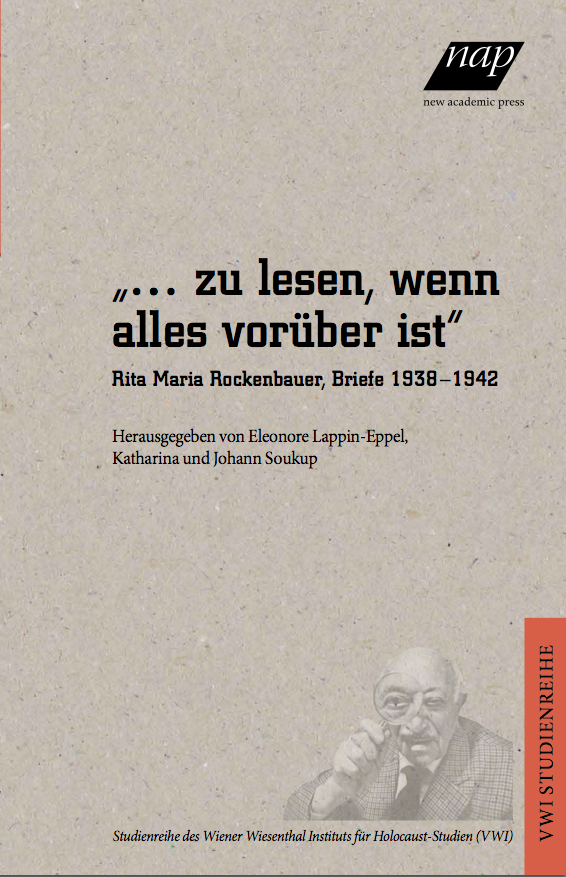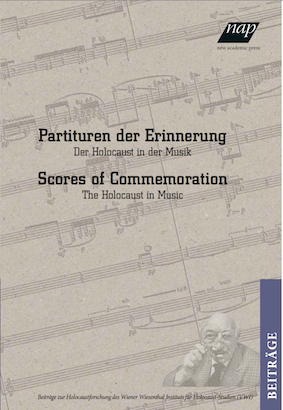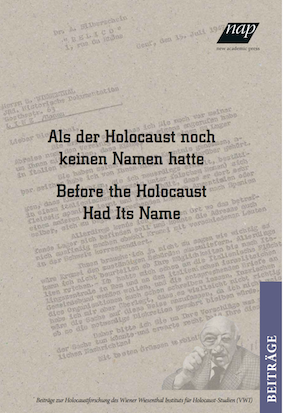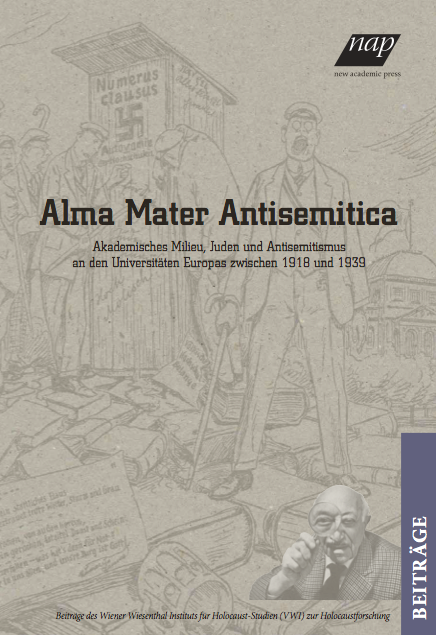Until the end of 2007, the International Tracing Service (ITS) was the largest collection of inaccessible records anywhere in the world that shed light on the fates of people from across Europe – Jews as well as members of virtually every other nation or nationality – who were arrested, deported, sent to concentration camps, and even murdered by the Nazis; who were put to forced labour, calculated in many places to result in death; and who were displaced from their homes and families, and unable to return home at the war’s end. These were documents that Allied forces collected as they liberated camps and forced labour sites across Europe in the last months of the war and during their post-war occupation and administration of Germany and Austria.
The archives of the ITS in Bad Arolsen, Germany, contains over fifty million documents produced in the Second World War era relating to the fates and destinies of over 17.5 million people. Using samples and case studies, the author, who led the campaign to open the archives, provides a view of the effort to open the collections for research and discuss the importance of this recent event for Holocaust survivors, victims of National Socialism, and scholars.


